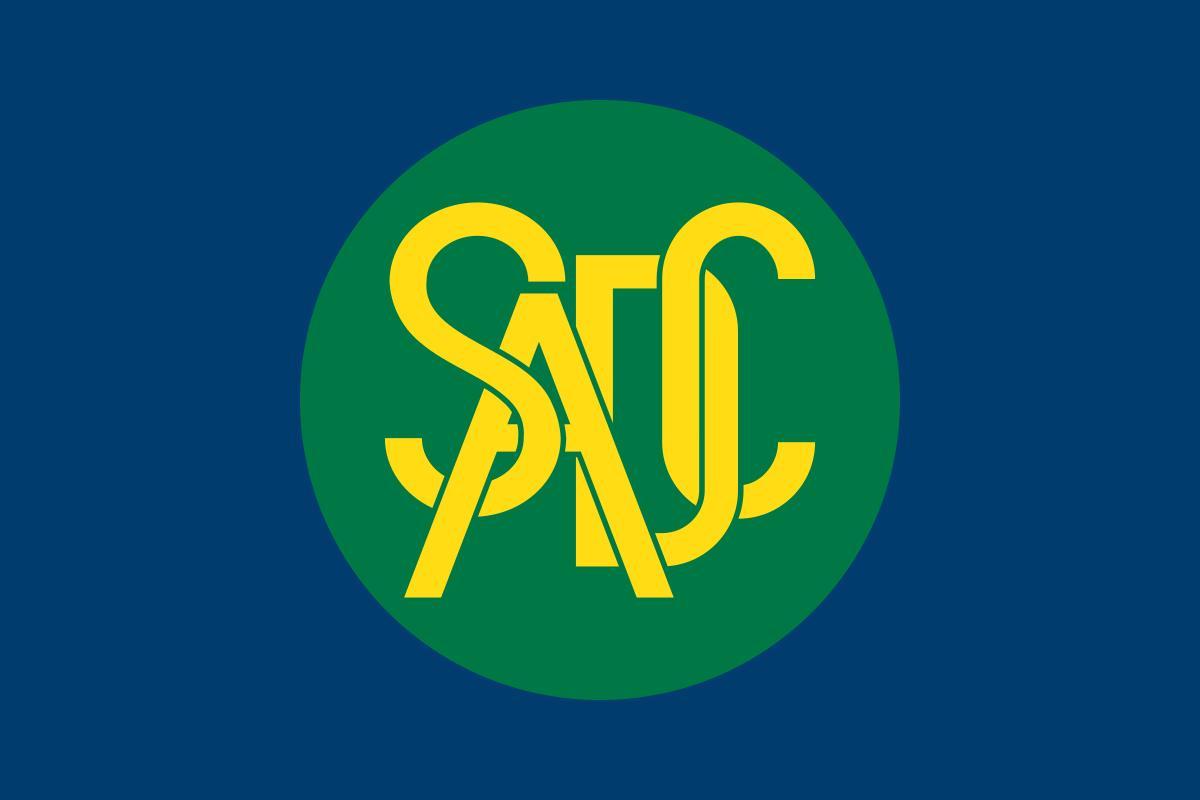Africa-Press – Zimbabwe. The Southern African Development Community (Sadc) hosted its 45th Ordinary Summit of Heads of State and Government on Sunday in Antananarivo, Madagascar.
This year’s gathering was held under the theme: “Advancing Industrialisation, Agricultural Transformation, and Energy Transition for a Resilient Sadc”. The Malagasy President Andriy Rajoelina at the weekend assume the rotational position of chairperson from the Zimbabwean President Emmerson Mnangagwa, who has chaired the organisation since August 2025.
Mnangagwa’s chairmanship faced its challenging moments, including the violence and instability in Mozambique following the holding of general elections in October 2024 and the ongoing conflict in the Democratic Republic of Congo (DRC).
Both issues, which have far-reaching implications on regional stability, were not satisfactorily handled.
According to the Human Rights Watch (HRW), about 300 protesters lost their lives and hundreds more were injured as a result of the Mozambican security forces’ heavy-handed response to protests over the election outcomes.
An extraordinary summit convened in November 2024, about a month after the elections, commended Mozambique for “successfully holding peaceful elections” and received an update from the then Mozambican president, Felipe Nyusi.
He was not asked any questions about police violence against protesters. Neither were opposition parties invited to state their side of the case.
The handling of the post-election violence in Mozambique made a mockery of the Sadc Principles and Guidelines for Democratic Elections, whose standards the Mozambican elections did not live up to.
The bar for the standard of elections in the region was already low, and the Sadc’s treatment of the Mozambican case buried the bar beneath the sand. As Malawi and Tanzania hold their general elections in September and October, respectively, they will not have any standards to hold themselves up to.
Another glaring embarrassment for the organization in the last term was the clumsy handling of the DRC issue.
Less than six months after extending the Sadc Mission in the DRC (SAMIDRC) by an additional year in November 2024, the organization announced the withdrawal of the mission in May 2025.
This, after 19 soldiers from the troop contributing countries, namely Malawi, Tanzania, and South Africa, lost their lives battling the M23 rebels at the behest of the DRC government.
The mission exposed Sadc’s shortcomings in peacekeeping, including a shortage of equipment, personnel, and poor logistics, which greatly undermined the effectiveness of the deployed soldiers.
Since withdrawing from the SAMIDRC, the organization has struggled to assert itself diplomatically in negotiating a peace deal in the DRC.
Its awkward partnership with the East African Community (EAC) in addressing the DRC conflict seems to have been overtaken and sidelined by Qatar and the US, who have managed to get a peace deal signed by Rwanda and the DRC while bringing the DRC government and the M23 to the negotiating table.
The summit came at a time when the region’s relationship with the United States is under strain. All Sadc countries, except Seychelles, are on the tariff list imposed by US President Donald Trump in August, which restricts member countries’ access to the US market.
The new tariff rates range from 30% for South Africa to 10% for Eswatini. The US is a significant trade partner for the region, having taken in US$17.2 billion (about 5,93%) of Sadc exports in 2023.
The new development will hurt economic growth while tens of thousands of jobs are likely to be lost, particularly in countries like South Africa, Lesotho, and Madagascar, which have increased exposure to the US market.
As such, there is a need for a concerted effort to accelerate regional integration and industrialisation efforts to forge resilient regional value chains that will shield the region from an unpredictable geopolitical environment.
Although Sadc is not a customs union, the fragmented response we have witnessed thus far to the US trade policies only puts the region at a disadvantage.
Member states should consider ways of coordinating their responses to the US, which may increase their chances of getting a better deal.
Other than trade, the US travel bans have affected three Sadc countries following the suspension of visa services for Zimbabwe and the imposition of an exorbitant visa bond (US$5000-US$15000) for citizens of Malawi and Zambia wishing to travel to the US.
These measures are an effective ban on citizens of the three countries from travelling to the US. On the other hand, Eswatini has agreed to a deal with the US to be a dumping ground for some of the most hardcore criminals being deported from the US.
Recently, the Kingdom received five prisoners deported by the US, described by the US government as “uniquely barbaric and depraved monsters”.
While entering into such a deal with the US is Eswatini’s sovereign right, taking in prisoners who have committed heinous crimes, including murder and child rape, is a legitimate cause for concern for the security of neighbouring countries in the context of the region’s porous borders.
Meanwhile, the US is forging ahead with its controversial resettlement programme for white Afrikaner citizens of South Africa, whom it falsely claims are facing genocide. It is important for the region to send a unified response to the US to rebuff these outrageous claims.
For More News And Analysis About Zimbabwe Follow Africa-Press






